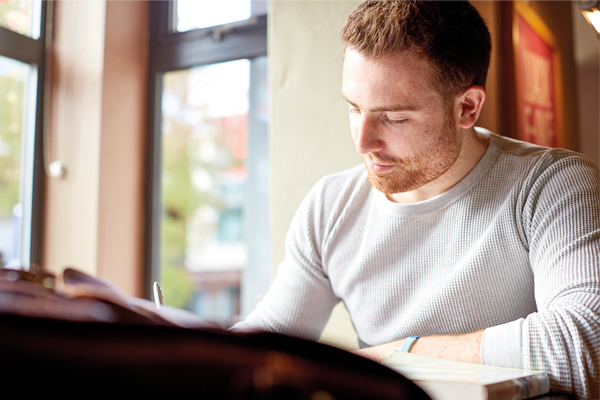How You Study
A wide range of approaches to teaching and learning are used on the programme to reflect the ever-changing nature of the subject, spanning a range of genres, media, and audiences. Current approaches include a blend of lectures, seminars, workshops, and independent study.
The communications-based modules aim to employ flexible and varied means of teaching, learning, and assessment tailored to the Master's experience and grounded in collaborative research-engaged learning. Media modules deal with the landscape of the media industry, the specific media skills that are required to work in the field of communications, and crucial theoretical concepts for making sense of a digitally mediated world.
Students will have the chance to work as individuals and in groups, to produce solo and group presentations, reports, essays, projects, literature reviews, and a dissertation.
As well as the traditional skills of research, essay writing, speaking, and debating, students will be able to develop a range of writing and production skills associated with work in the discipline.
The composition and delivery for the course breaks down differently for each module and may include lectures, seminars, workshops, independent study, practicals, research, and one-to-one learning.
Weekly contact hours on this programme vary depending on the module being delivered and the stage of study. Postgraduate-level study involves a significant proportion of independent study, exploring the material covered in lectures and seminars. As a general guide, for every hour spent in class, students are expected to spend at least two to three hours in independent study.




